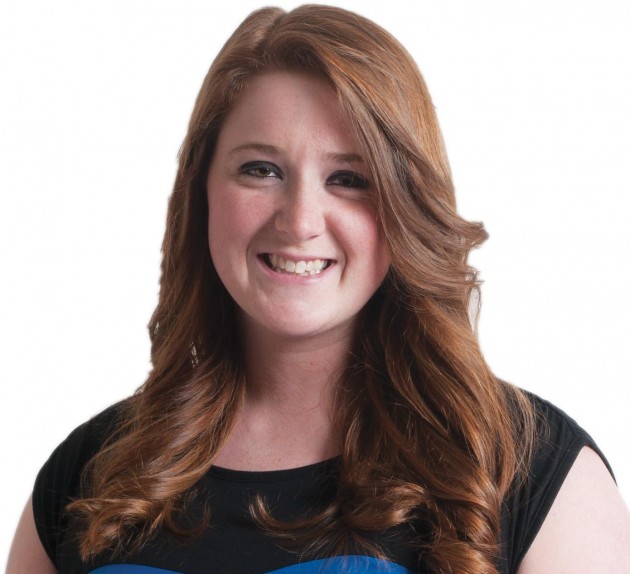
On Feb. 28, 1784 John Wesley chartered the first Methodist Church in the United States. Wesley first arrived in colonial America in 1735 and he and his brother Charles brought their methodical Anglicanism with them. There, they founded the "Holy Club" at Oxford University. Upon his return to England a few years later, he found himself banned from most parish churches and turned to the Moravian religious society.
Among the Moravians, he met George Whitfield, a fellow evangelist who was also banned from many churches upon his return from America. Whitfield encouraged Wesley to disregard his expulsion and preach in public. He did so hesitantly, but as his voice was heard by a wide variety of people, including those who would not typically enter a church, he gained a large number of supporters.
Following Britain's defeat in the American War for Independence, the Church of England was disestablished in the United States. At this point in time, even though the separation between Wesley and the Church of England had grown rather wide, he refused to disrespect it entirely. Specifically, he refused to discount the idea that a bishop must ordain any ministers.
With a fair amount of bitterness following the war, the Bishop of London delayed Wesley's requests to ordain Thomas Coke as a minister to American Methodism. Finally, in 1784, Wesley took matters into his own hands (quite literally) and, through the traditional "laying of the hands," ordained Thomas Coke and appointed him the superintendent of the Methodist Episcopal Church of the United States of America.
Originally, the only minor connection DePauw appeared to have to this historic event was our university's Methodist foundations and present-day loose ties to the denomination.
However, this tie is quite a bit closer. Immediately following Wesley's ordaining of Coke, he commissioned Coke to ordain Francis Asbury. If any of you have visited the newly opened exhibit displaying DePauw's history at The Putnam County Museum, this name would sound more than a bit familiar. In 1837, after many years of discussing the need for a Methodist college in Indiana, DePauw was originally chartered as Indiana Asbury. Bishop Roberts (yes, he was once an actual person, not just a dorm with a convenient tunnel) chose the name to honor Francis Asbury as one of the pioneers of Methodism in America.
In terms of our university's connections to Methodism, it seems as if the only legitimate association we have is entirely in our school's past. For heavens sake, commencement is even being held on a Sunday morning this year for the first time ever. You can't exactly go to church if you're busy graduating from college. Regardless of however far we have drifted from our relationship with Methodism, it is still at the very base of our school's origins. If our founders could see where we are today though, I do not believe they would be disappointed.
As stated in the charter, DePauw (Indiana Asbury) was to be, "an extensive University or College Institution…to be conducted on most liberal principles, accessible to all religious denominations and designed for the benefits of the citizens in general." I think we can all agree that this mission still remains successful at DePauw University in 2012: A university founded on the religion that John Wesley pioneered in America on this very day, 228 years ago.
— Freestone is a sophomore from Brownsburg, Ind., majoring in biology and history. features@thedepauw.com


